Jay Sennett's Blog, page 5
June 3, 2017
Transgender Short Story: The Sketchbook Project
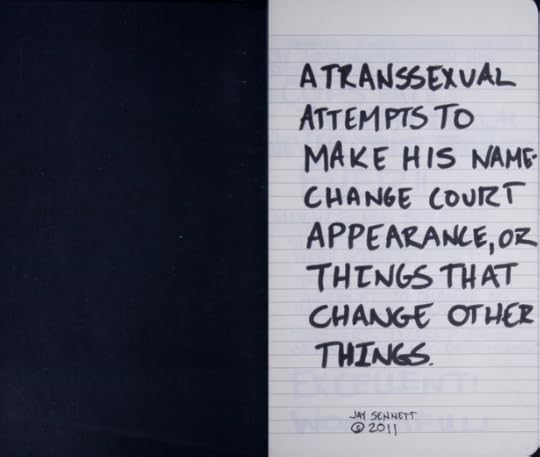
In May I completed my first story for the Art House Coop, the virtual extension of the Brooklyn Art Library.
We were allowed to choose a topic for our story book. I chose “Things That Change Other Things” and titled the story, “A Day in the Life of a Transsexual.”
I’m grateful for the opportunity to have written this story and to include some of my cartoons. The entire book has been scanned here.
And another page:
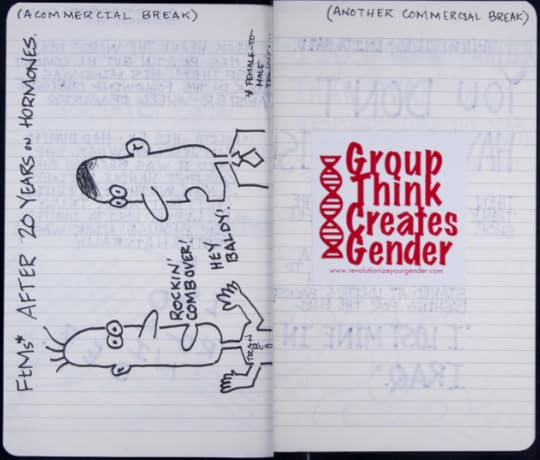
June 2, 2017
Quick Video: Transgender Man, 20 Years on Hormones, Talks Pronouns
Even after 20 years on hormones, hearing she can bring me up short.
My gender conditioning runs that deep, I guess. What I learned earliest I will forget last.
June 1, 2017
Transgender People: Your Unconditional Right to Creativity
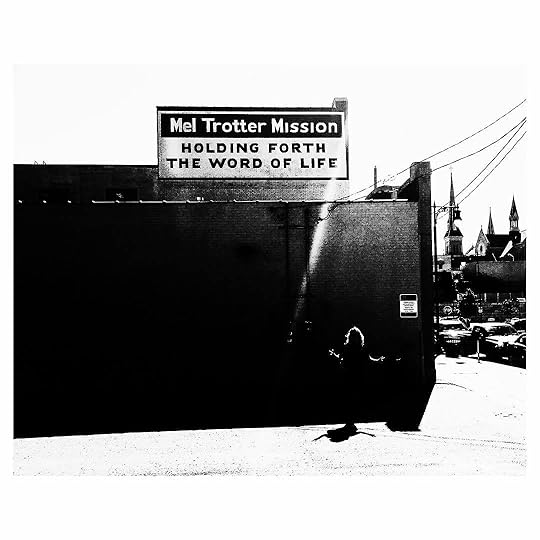 Dear Transsexual, Transgender and Gender Queer People:
Dear Transsexual, Transgender and Gender Queer People:
Paint. Draw. Sing. Dance. Write. Photograph. Perform.
Find an outlet and pursue it.
Make it yours and yours alone.
Schedule it like an appointment. Guard the time with your life.
So much gets taken from us and returned as overdrawn accounts.
Your creative pursuits will make deposits into these overdrawn accounts.
Your creative pursuits will teach you the you that creates transcends gender and race and all identities.
Your creative pursuits will provide you a growing well of self-esteem.
Your creative pursuits will give you a space in which to make sense of all the insensible things you face, day to day, everyday.
You are unique and have a voice and an expression you must fine and hone, and if we’re lucky, share.
Creativity is your birthright. Don’t concede it. Ever.
May 31, 2017
In a Weird Way, Gender-Neutral Bathrooms Might Not be Neutral
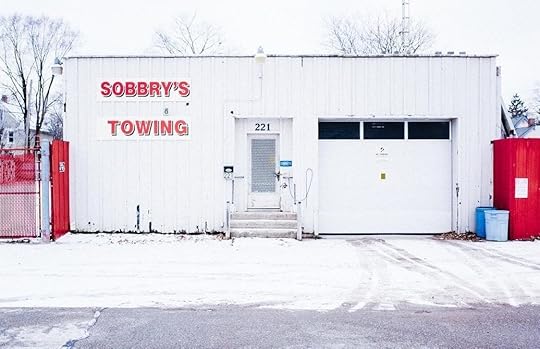
Maybe gender neutral bathrooms aren’t so neutral.
Women used to hassle me in the women’s room when I lived as butch. They behaved worse when I made my first steps to living as a man full-time, wearing ties and sports coats and cutting my hair short, but before hormones.
At over six feet tall, even without hormones, women read me as a man.
Anxiety seeped into my bones every time I used the women’s room in the 90s, a time when few gender-neutral bathrooms existed. Chicago-area coffee shops offered the only gender-neutral bathrooms.
Spacious and clean, I could relax in them and urinate, an unusual occurrence, as I used to get so anxious in women’s rooms I often couldn’t pee.
At some point I headed to the men’s room and never looked back.
Sitting to pee had me both curious and concerned to know if men would hassle me, too.
To date they have not.
I tried to use one of those stand-to-pee devices, which resulted in urine all over me and not in the bowl.
So I sit in the men’s stalls, glad with feelings of gratitude that men’s rooms have at least one stall with a door, usually the wheelchair stall.
How does our society manage to create public accommodations that put me at odds with another group of people seeking greater movement in the world?
Anyhow.
Would I have hated being required to use a gender-neutral bathroom in the 90s, especially after I began hormones and desperately wanted to be seen and live as a man?
Perhaps ,and yet I can’t discount the impact my height has as I moved through the world. The readiness to read me as a man, at 6 feet tall, came easily to people.
They wouldn’t have necessarily seen me as a transsexual, unless they thought I was M to F, and I’ve had that happen to me since.
Now I’m happy for the emergence of gender-neutral bathrooms. They reflect the greater complexity of, and openness to, more genders.
But what if I don’t want to use a gender-neutral bathroom, a place seen as safe for transgender people?
What if using the gender-neutral bathroom makes me feel discriminated against? I’m a man, therefore I use the men’s room, and being forced to use a gender-neutral bathroom feels like a punishment.
The punishment often gets directed at girls, who at some mysterious point, usually when puberty begins (though the haters only ever imply this), will make the other girls feel insecure, or worse, unsafe.
Gender-neutral bathrooms, often safe spaces for many gender-queer people, can seem like a debilitating punishment for other gender-queer people.
One-answer fits all results in an incorrect solution where they victim suffers the penalty.
The punishment to use a gender-neutral bathroom, if the person accused feels sanctioned by having to use one, should result from bad behavior, not gender identification.
If a girl who used to be a boy (or the adult version of that story) acts like a jerk in the bathroom, then discipline the person for her actions, not her identity.
Banishing them to a bathroom they aren’t comfortable using teaches the person not that they have a problem, but that they are the problem, which is a problem for our society.
Get It »» Free Transgender Book
May 30, 2017
Huge Gift for Transsexuals: Love
[image error]
Dear transgender, transsexual and gender queer people:
Love your lover.
Even when you want to hate it, turn away from it, or worse, crush it, love your lover’s love for you.
If they tell you you’re hot, believe them.
If they tell you you’re beautiful, thank them.
Express gratitude that you live in a time and space in which you can express yourself in such a moving and unique way. It isn’t guaranteed to all.
Love hard, love true, love long.
One day who and what you love will be gone. They or you will be dead. The slights and hates and frustrations won’t matter.
Tell the ones you love how much – and why – you love them.
More than they need to hear it, you need to say it.
April 20, 2017
Quick Video: Why I Might Not Tell You I’m Transsexual
Quick video version of why I’m often disinclined to reveal my transsexual history to people I don’t know very well. Often I have to mind them like children.
I’ve written a longer version here.
More»» Transgender and Transsexual Writing
Free»» My Book Self-Organizing Men
April 19, 2017
A Female to Male Transsexual Asks What’s My Gender, Again
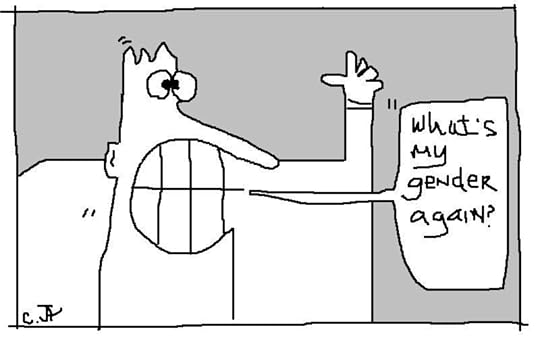
What is my gender, again?
I had an epiphany about this question.
I believe I’ve been fighting against my biology. For quite a long time actually.
Despite what I believed and said several years ago – namely that I don’t believe in biology (I know, right?!?) and that I am truly a man – I have come to the conclusion that I don’t have a traditionally male body.
How do I know this?
My doctor enjoined me to take more calcium at an annual checkup. Because I have had a full hysterectomy and oophorectomy, I should, according to her, take the same dosage “as a post-menopausal middle-aged woman.”
Those were fighting words a few years back. Now, though, I believe there is some merit in her statement. I have never had a traditionally male body. Ever.
My body is male now. But I can’t conceive of how my current male body is a traditional one.
For the first 30 some years of my life, I had mostly (I assume) traditionally female body. You know menstruation, chocolate cravings, all that. That is gone. The disposition of my body to put fat on my hips is gone. The fat now goes to the stomach, just like a guy.
In truth, though, no longer producing estrogen with a daily testosterone overlay via Androgel is not the same as producing testosterone via gonads.
I know. I’m slow on the uptake. Maybe I fought against biology to suppress my own internalized transphobia. For years I fought against being a transsexual. Now I’m happy with my gender.
The great experiment continues.
What’s my gender, again?
(I drew this cartoon sometime in 2012.)
Submit»»Free Transgender Book
April 18, 2017
The Value of Unsurpassed Transgender Self-Love
Boy how things change in seventeen years.
I made this video in the late 90s. Clearly I felt confusion and pain about transitioning and my body.
Listening to it now, the person I was then is not who I am now.
As I’ve said before, learning to love myself as I am is my life’s work.
Doing that work day after day has moved me from Phallocy to Truth, which is that I love my transsexual body very much, as it is.
Phallocy represents a period in my life I will never forget, and one I’m glad to have moved through.
April 17, 2017
A Perspective on Transgender Memoir: Where to Start?
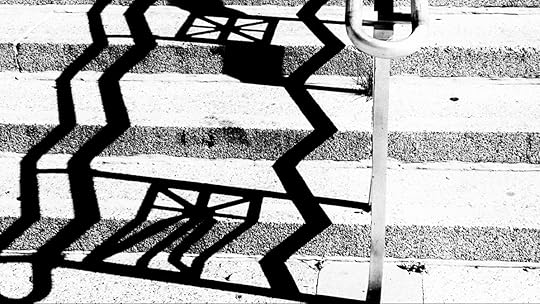
Transgender memoir as published today traditionally requires my point of origin to be my birth or my childhoods. This fulfills a primary requirement of society: We are always the gender we were born into. Period.
These narratives tell us we were once one gender, then we became another. We should talk about our childhoods, gender dysphoria, dressing as the opposite sex and so on.
Why start there, though?
My actualization as a man began much later in my life. I was thirty before I was read as a man, and almost a decade passed before I felt comfortable in my body as a man.
What I am to do with my national and racial histories? I may be transgender but I am also white and american and upper-middle-class.
These histories and identities began before my birth. Plymouth Rock, slavery and a hardened class structure all existed before I was born.
Why should I start my story at my birth?
How might it prove useful if I begin my story with the signing of the Declaration of Independence, where white men inscribed African-Americans as 3/5ths human?
I believe wholeheartedly that as a transsexual man, I must fight to express my complexity as a human being. That means resisting simply narratives that describe me as one individual born into the wrong body who changed his body and now feels better about himself in the world.
Traditional transgender narratives obscure my racial heritage as a white man and also focus only on gender as the primary thrust of my existence. My white privilege and history as a white man remains obscured.
Which is exactly what we design these narratives to do. White people want gender to be the primary focus of people’s lives. Doing so allows our racial and class histories to remain opaque to us.
Gender becomes the singular and only point of value or nexus of change. Did I mention that white people really dig this narrative style?
My race didn’t change, though, when I transitioned. In fact, my race enhanced my gender: I became a white, heterosexual man about 99 percent of the time.
Transgender as Inter-Being
My transgender story – and I believe our collective stories – possesses many components and parts. That I experience gender as primary doesn’t make it the most primary.
Gender isn’t a point of origin so much as a mode of expression. I wouldn’t be me without my racial and class and ethnic histories.
In describing a flower, Thich Nhat Hanh has this to say:
When we look deeply into a flower, we see the elements that have come together to allow it to manifest. We can see clouds manifesting as rain. Without the rain, nothing can grow. When I touch the flower, I’m touching the cloud and touching the rain. This is not just poetry, it’s reality. If we take the clouds and the rain out of the flower, the flower will not be there. With the eye of the Buddha, we are able to see the clouds and the rain in the flower. We can touch the sun without burning our fingers. Without the sun nothing can grow, so it’s not possible to take the sun out of the flower. The flower cannot be as a separate entity; it has to inter-be with the light, with the clouds, with the rain. The word “interbeing” is closer to reality that the word “being.” Being really means interbeing.
I “inter-be” with the pilgrims at Plymouth rock and my white founding fathers, racist products of their time.
If you took those pilgrims and slave-owning Thomas Jefferson out of my history, who would I be?
Is my transgender memoir a recollection or an excavation?
Submit»»Free Transgender Book
Read»»America’s First Protest Against Slavery
April 14, 2017
The Bottom Line on Disclosing Our Transgender Histories

Jennifer Finney Boylan writes about the outing of Zeke Smith on Survivor.
She initially discounts the use of the term stealth, which she describes as a term not much used by trans communities:
There are many people like Mr. Smith, who live in what used to be called “stealth.” But since that word implies, à la Mr. Varner, that transgender people are deceptive, it’s not as common today.
Two paragraphs later she uses the term to describe the realities of living with our pasts.
Living in stealth can be a heavy burden, though; it requires replacing one secret for another, having to constantly invent a story to explain one’s past.
As a writer seeking to find new and kind words to describe our wonderful transgender and transsexual lives, I find her use of stealth contradictory, but not surprising.
In the comments over and over people express the stress of feeling like the person they think is one gender isn’t that gender really. Even Boylan writes:
I can tell you that I have seen the expression in people’s eyes change the moment they learn my history, as if suddenly the person they thought they knew had become a stranger. It makes me want to shout, What is it about me that you think has changed? As I once asked my own wife, after I came out to her many years into our marriage, Am I not me?
I can certainly relate to these feelings.
I have had a good think on this and offer what for me came has rather like a lighting bolt to my cranium:
As transgender and transsexual people the current system in which we live – where we arbitrarily assign gender, teach our children only two gender pronouns and characterize gender transitions as decisive breaks with our pasts – we can’t disclose our truths as this system requires us to see our choices as ones that must be kept from others.
We pass or live in stealth. We use both terms to our detriment.
Are you a liar or a thief?
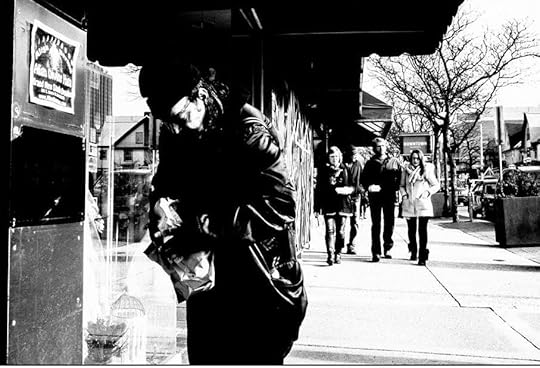
Passing means we are attempting to convince others we are something we aren’t. We are liars.
If we say we pass, then we agree with society’s notions that our birth bodies are the bedrock of our identity. If we really are a woman-born-woman or a man-born-man, what are we passing off and why are doing it? If we’ve always been the gender we are now, we’re just ourselves, right?
Stealth means furtive or sneaky and possesses the same word origin as steal. We are now thieves.
When we live in stealth are we stealing something from someone or are we being stolen from?
When we live in stealth or we pass, our very identities become something so threatening we must hide it.
Stealth and passing protect others from their own unacknowledged anxieties about gender. They don’t know what we know.
Gender is one big, tyrannical and often deadly system over which few of us much control.
Our very being threatens this system.
When we reveal our histories and complex truths of our fantastic, beautiful bodies I know we’re often most at risk for dismissal or dismemberment.
But we aren’t thieves, snatching someone’s beliefs from them nor are we pretending to be something we aren’t.
Does anyone else besides me feel like people act as though we’ve told them Santa Claus doesn’t exist when we share our transgender truths? Having lived on hormones now for more than twenty years my tolerance for coddling childish responses to my gender history has diminished to null.
We aren’t some cabal of secret keepers ripping away a dearly held truth from a bunch of eleven year olds.
No. We are a people with a confidence to share with people we care about. We get to define what care means, always and forever. No act compels us to share this confidence, not a job, not a date and certainly not sex.
The bottom line is the gender system as it is needs us to think we’re the problem. They can then continue their child-like beliefs about gender and transgender and transsexual people.
We aren’t now, nor were we ever, the source of the problem.
We are living, thriving human beings with sacred scars on our bodies and vast wells of willpower and aplomb in our souls.
We have a confidence to share. We will share it with people in whom we have great confidence. Confidence that they will act kindly and admiringly and thankfully welcome our trust in them.
When you find someone like this, praise every known and unknown spiritual power. They are rarer than red beryl and more vital than air.
Share confidently and proudly, my dear friends.
Submit»»Free Transgender Book
Read»»Our Monumental Desire for the Binary Gender System



